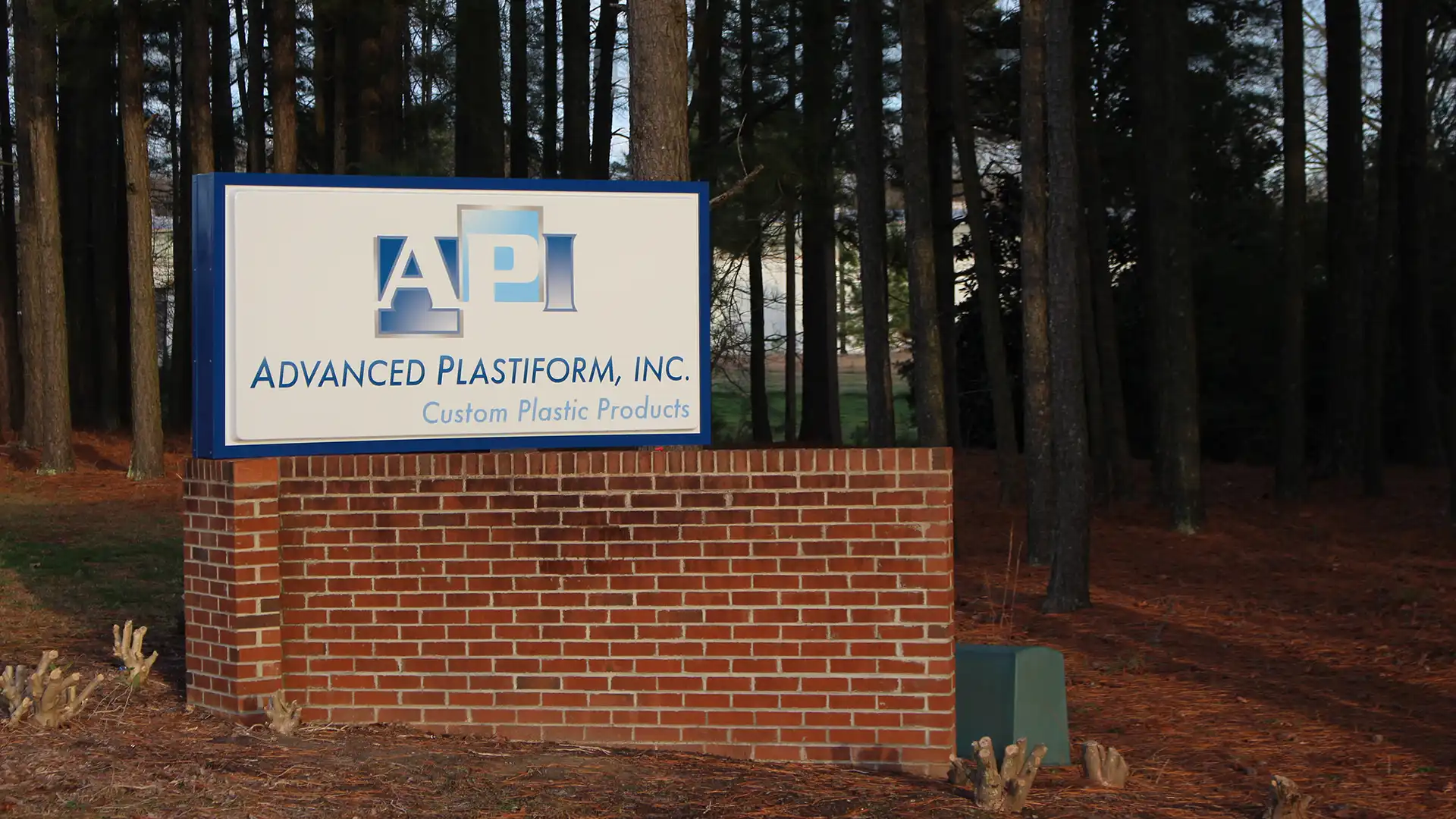Not all plastics can be recycled, but what determines if a plastic can be recycled?…
If you pay attention to labels, you may see "phthalate-free" printed on everything from pacifiers and drinking straws to shampoo and nail polish. But what are phthalates and should they be avoided when producing plastic parts, products, and components? To help you answer this question, our thermoforming company in North Carolina is sharing what phthalates are, how they're used, and whether or not they are safe.
What Are Phthlates?
Phthalates (pronounced "thay-lates") are chemical compounds called esters of phthalic acid, which form a thin, oily liquid. Di-(2-ethylhexyl) phthalate (DEHP) and mono (2-ethylhexyl) (MEHP) are used as plasticizers in polyvinyl chloride to make them softer and more flexible. For example, it's how the same material used to manufacture hard, rigid pipes can also be used in clear, thin shower curtains. These are used in things like garden hoses, medical tubing, catheters, food packaging, and other soft, malleable plastics.
Other phthalates, specifically diethyl phthalate (DEP) and monoethyl phthalate (MEP) are added to beauty products to enhance viscosity, improve the longevity of fragrances, or act as a solvent. You may also see them used in capsule coatings.
What Are the Concerns About Phthalates in Plastic?
Phthalates can be released as they break down due to heat, agitation, or simply time, and once released, they enter into the body through ingestion, inhalation, or absorbed through the skin. They are then metabolized and pass through the body's waste system.
While there are few studies of how phthalates affect the body, they are believed to be endocrine disruptors. This means they can mimic or block estrogen or suppress the development of testosterone.
In lab animals, findings pointed to phthalates causing developmental problems, including:
Early-onset of puberty
- Interference with hormone production
- Low testosterone in men
- Low sperm counts
It's important to note that while the CDC has found measurable levels of phthalate metabolites in the general population, there are no known negative effects on people. Women were found to have significantly higher levels than men, most likely due to using beauty and personal care products with these compounds. Detecting phthalate metabolites does not necessarily mean they are harmful, though this is something that will require additional study.
Should You Use Phthalates in Plastic Products
The greatest concern about phthalates is their use in personal care items because they are absorbed directly into the skin or are inhaled in a more concentrated manner. For plastics with minimal or short-term contact, like garden hoses and building materials, using PVC enhanced with phthalates is generally considered safe. However, there are concerns about using PVC with phthalates in certain uses.
Baby and Children's Toys
Because small children are likely to put toys in their mouths and chew on them, it's not recommended to use PVC with plasticizers when designing and manufacturing them.
Food Packaging
Phthalates are thin, oily substances that can leach into food when they are used in food packaging, especially when it's heated or microwaved. This increases the likelihood of ingestion, so it may be better to choose a different material.
Fortunately, thermoplastics are incredibly versatile, and while polyvinyl chloride is the ideal material for certain uses, when it comes to toys and food containers, they can often be formed with either low or high-density polyethylene or polypropylene instead of PVC.
Request a Free Quote for Thermoforming Today
If you are seeking custom plastic parts, products, or components made via thermoforming or injection molding, we can help. We are committed to producing high-quality plastics that are durable and long-lasting while offering fast lead times and low per-unit pricing. We work with companies throughout the Mid-Atlantic and Southeastern states including North Carolina, South Carolina, Pennsylvania, Maryland, Tennessee, Georgia, and Virginia. To learn more about our services or get a free quote, reach out to us today.

 Early-onset of puberty
Early-onset of puberty